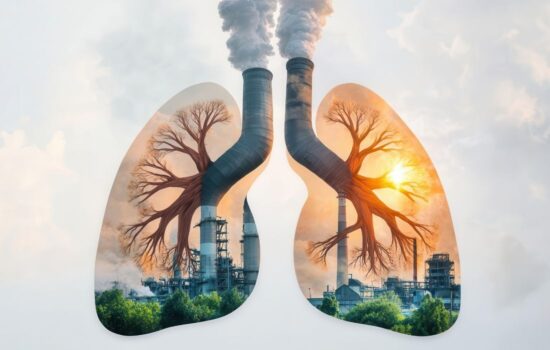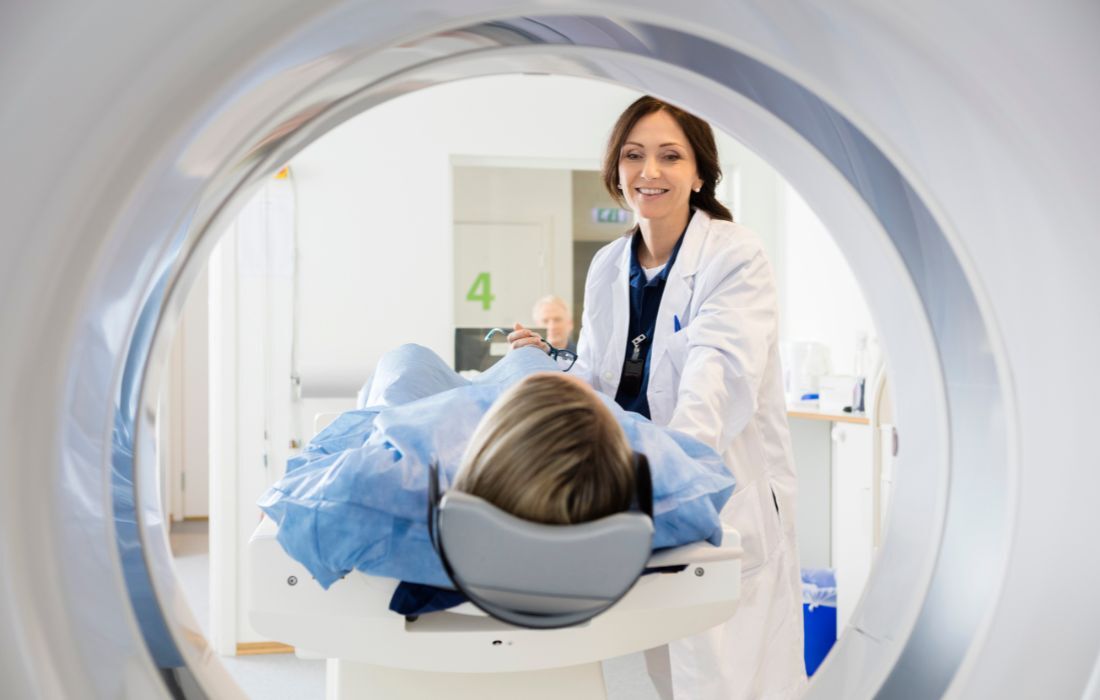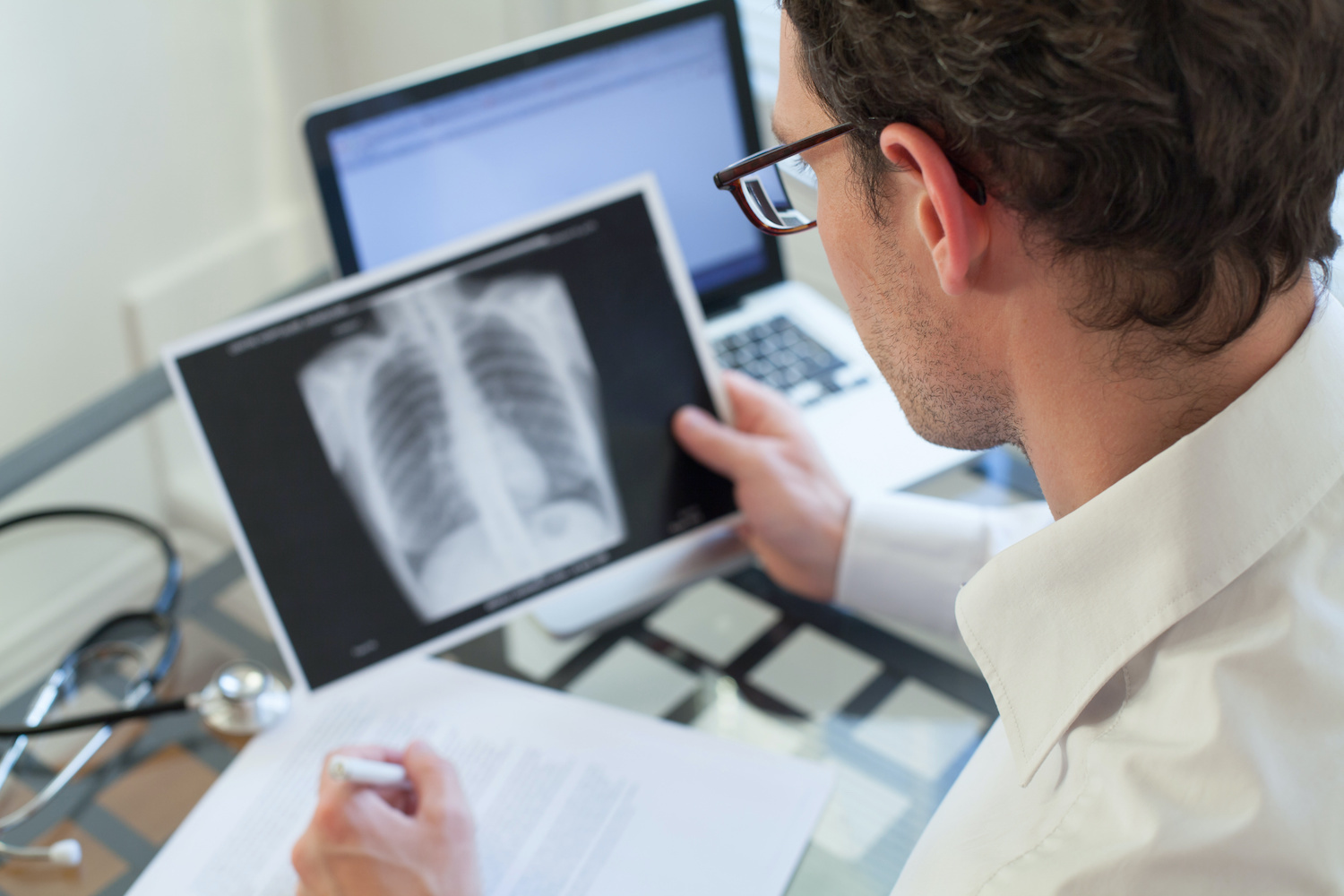August 9, 2024
Top Causes of Lung Cancer in Non-Smokers

Did you know that people who don’t smoke also get lung cancer? Although smoking is widely known to be the primary cause of lung cancer, it's not the only cause. And for some patients, there is no known cause.
This means even non-smokers should be aware of risk factors associated with lung cancer since they can also develop the disease. Here are five other lung cancer risk factors you should know about if you’re a non-smoker.
1. Inhaling Secondhand Smoke
This is one of the more common causes of lung cancer in non-smokers. Living with someone who smokes can increase your risk of developing lung cancer due to secondhand smoke exposure. Consider discussing with your partner or roommate about smoking less indoors or quitting altogether. When visiting friends and family who smoke, try to spend time outdoors to minimize your exposure to smoke.
Cigarette chemicals leave a residue on clothes, bedding, upholstery, and other household surfaces that can be inhaled by the non-smoker, leading to long-term health risks, including lung cancer.
2. Radon Exposure
Radon is a colorless and odorless radioactive gas formed by the breakdown of uranium found in groundwater, soil, or rocks. This gas can enter buildings through cracks in floors or walls, gaps around pipes or cables, small pores within walls made of hollow concrete blocks, and open walls or ceilings. Long-term radon exposure can lead to serious health problems, including an increased risk of lung cancer, especially for non-smokers.
You can’t smell it, so there’s no way to know it’s in your living space unless you test for it. According to the Florida Department of Health (DOH), one in five homes tested in the state has elevated radon levels. Your home can be tested by a certified radon measurement business or with a radon test kit from the National Radon Program Services.
3. Air Pollution
Breathing high levels of air pollution may lead to lung cancer by causing DNA damage, which can result in tumor growth. The risk of developing lung cancer increases the longer you're exposed to high levels of air pollution.
Not only does Florida have sunny skies, but it also has some of the cleanest air in the country. However, being exposed to air pollution in the past could still affect your health now or in the future. Consider your past experiences to see if any symptoms you're experiencing could be related to lung cancer.
4. Known Cancer-Causing Substances
Carcinogens are substances that can cause cancer. Some well-known carcinogens, such as benzene and asbestos, are linked to lung cancer. Regular exposure to these substances can lead to the accumulation of them in the lungs, causing cells to mutate and form cancer. Additionally, these carcinogens can remain in the body for some time after exposure, so it's important to avoid contact with these harmful substances as much as possible.
6. Genetic Mutations
Lung cancer generally develops due to somatic mutations, which are genetic changes acquired during a person's lifetime and present only in certain cells in the lung. However, there can be a familial connection to lung cancer. If you have a family history of lung cancer, especially among people who did not smoke, tell your doctor so they can keep this in mind as they consider health conditions such as an unexplained cough.
What About Vaping?
There is concern that vaping can lead to lung cancer, but there is not enough evidence yet to prove whether vaping is a direct cause of cancer. However, vaping involves heating a substance and inhaling it, just like you do when smoking. The e-cigarette liquid is oil-based with some mix of flavorings and scents, nicotine, and/or THC (the chemical in marijuana). When vaporized, those chemicals coat the inside of the lungs. Doctors recommend you do not replace smoking with vaping as there is a potential that it will have a negative effect on your health over time.
Can You Be Screened for Lung Cancer as a Non-Smoker?
Over the past decade, lung cancer screening has become more accessible, aiding in the early detection and diagnosis of lung cancer when treatment is more effective. Typically, screening for lung cancer is offered to individuals with a history of smoking.
If you believe you may be at high risk for developing lung cancer based on the mentioned factors, take time to consult with your doctor. Many other diagnostic tests are available, which can help identify potential areas of concern regarding your lungs.

Reducing Your Lung Cancer Risk
While it's not guaranteed that you won't develop lung cancer or another type of cancer, there are steps you can take to lower some of the risks. Making healthy lifestyle choices, like maintaining a healthy weight, can help. Furthermore, testing your home for radon and reducing exposure to secondhand smoke and other cancer-causing chemicals is important.
Lung Cancer Symptoms Among Non-Smokers
Non-smokers should be aware of coughing and difficulty breathing. These could be signs of lung cancer or pulmonary fibrosis, a condition in which scar tissue forms on and around the lungs.
If you experience coughing or difficulty breathing without other symptoms, like fever or congestion, your symptoms may not be caused by a virus such as the flu or coronavirus. To determine the actual cause of your symptoms, schedule an appointment with a lung specialist called a pulmonologist, who can thoroughly evaluate your condition.
If the symptoms persist for over a few weeks, the doctor will usually conduct a CT scan, chest X-ray, and lab tests to help determine whether a lung biopsy is needed or if another condition is causing them.

Lung Cancer Care in Brevard County, Florida
If you live in the Brevard County area and are diagnosed with lung cancer, contact the lung cancer specialists at Cancer Care Centers of Brevard. We offer patients access to advanced cancer treatments at our Palm Bay, Melbourne, Merritt Island, and Rockledge, Florida clinics. We are here to discuss your treatment options, which may include access to clinical trials through our Brevard County locations. Second opinions are also available
Categories: Lung Cancer